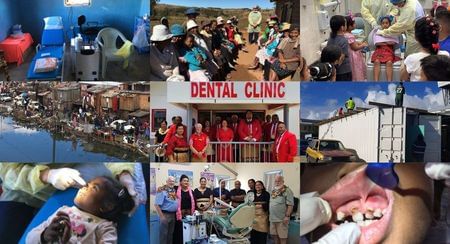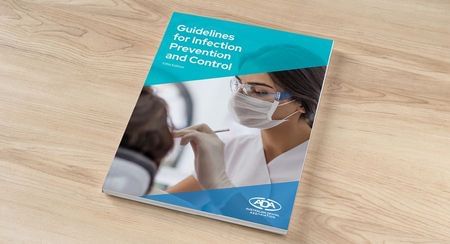The Ups and Downs of Social Media
'Comparison is the thief of joy’ so said Theodore Roosevelt. And he’s got a point. When we compare ourselves to others, using them as a yardstick, it literally steals away the satisfaction we should feel in our own life.
Too often we focus our measures of success on external things or focus on external validation to measure our self-worth. The perfectionism inherent in the dental profession can be a driver. Social media plays an important role for many who compare themselves to the heavily curated version of others that we might aspire to emulate, both professionally and personally. Given this can have a negative impact on our wellbeing, it’s important to look at how and why we make these comparisons.
Social media allows us to reach a wider audience and connect to people in ways that were not possible a few decades ago. But there are well documented downsides too. Research shows that spending too much time on social media is associated with higher levels of anxiety, depression, and psychological distress.
Humans are inherently social beings by nature. Social connections and strong relationships are important to our wellbeing and to ensure we can thrive. Social media provides that opportunity to connect but it doesn’t replace the real world in-person contact that is important. For some people, social media may increase feelings of loneliness and isolation.
Social media can be a valuable tool for health practitioners. The opportunity to expand professional networks, connect with a global community and learn is profound. Sharing cases with high-quality treatment outcomes can be a source of inspiration for other clinicians, helping them to learn and improve. This is particularly so with the use of images and videos to share tips and techniques that guide learning. Peer review and peer learning are also important for professional growth.
However, there are some risks. Promotion of poor-quality evidence to guide practice can be a problem, with anecdote often raised to a higher level of evidence and self-proclaimed ‘experts’ gaining a disproportionate amount of influence. It is important to apply the same critical thinking to evaluating evidence and advice on social media that we would apply to any form of continuing professional education.
One aspect of particular concern is the unrealistic expectations that are created, particularly for younger practitioners. The evidence suggests that social media can contribute to feelings of inadequacy when comparing our lives to often manipulated and carefully curated images and stories of others. This translates to health professionals who raise the bar about what acceptable clinical outcomes look like. What is often overlooked is that many practitioners share only their successful outcomes, and never post the failures, or the less than perfect cases. It isn’t a representation of what ‘everyday’ clinical practice really looks like, and it creates the impression that every case has that perfect outcome. As a comparison, it creates unrealistic expectations, and for many, this feeds into their perfectionist tendencies which can be problematic. It also fails to recognise that it takes time for clinicians to develop their clinical skills to the level that is often reflected in social media, putting further pressure on younger practitioners who are still developing their clinical skills.
‘Your worth is not defined by what you achieve or acquire. It’s a question of who you become and how you contribute to others. Self-esteem should come from character, not success or status. The highest accomplishment is to be a person of generosity, curiosity, and integrity.’ Adam Grant.
Finding the balance here is critical. Comparison can be a useful tool to help grow and drive improvement. We just need to be careful about who we choose to compare ourselves to. If I compare my tennis game to Roger Federer, I will constantly be disappointed. The ability gap is too great, and the comparison is unlikely to ever be useful. But selecting the right people to compare to can be useful to improve - particularly when looking at how they became good, not just focusing on their outcomes.
Another problem that is all too common across social media and one that has a significant impact on mental health – bullying. Professionalism, compassion, ethics, empathy, and kindness are essential attributes for health professionals, and this should be as true in our use of social media as it is in our in-person interactions. Sadly, that is not always the case, and that becomes a barrier for many people in accessing the benefits of peer learning and education that social media can offer. Online discussions often lack the respect, civility and kindness that are important for effective communication. Sometimes this is because we don’t really ‘know’ the person on the other end of the virtual conversation in the way that we do with real in-person interactions, with a tendency to type things that we would likely not say to someone face-to-face. Or it could be ego.
For many people, social media can be a toxic environment that is more detrimental than beneficial. So, whilst it can be a valuable tool for health professionals, it is important to be mindful of some of the pitfalls, particularly in the way that it can impact on our mental health. Sometimes it’s important to step away from the screen and take some time to be kind to yourself.
Most importantly, don’t let others define what success looks like for you.
Run your own race.
With thanks to Chief Executive Officer, ADAVB Inc. Associate Professor Matt Hopcraft BDSc MDSc BA PhD FICD FPFA GAICD
(Republished)



